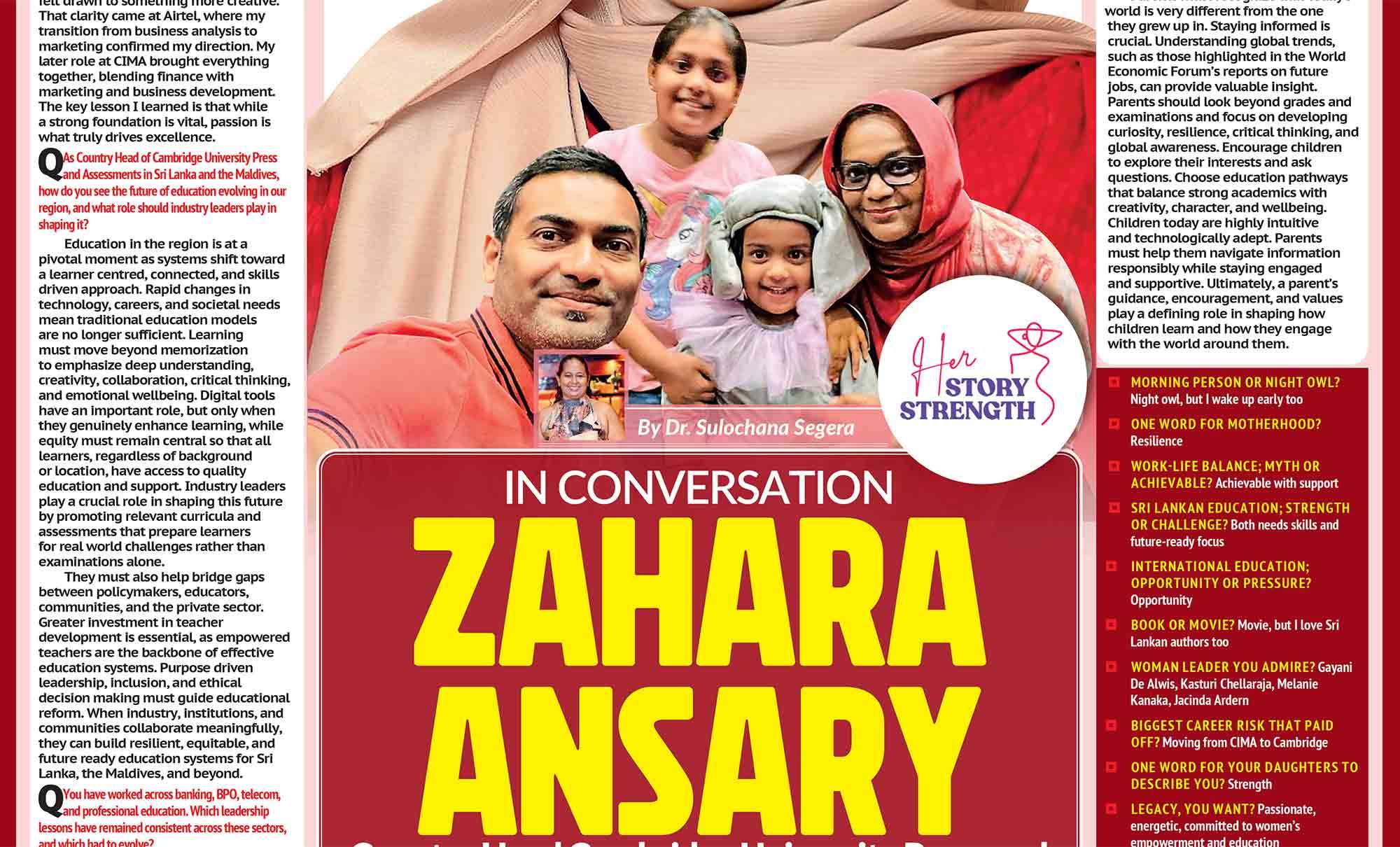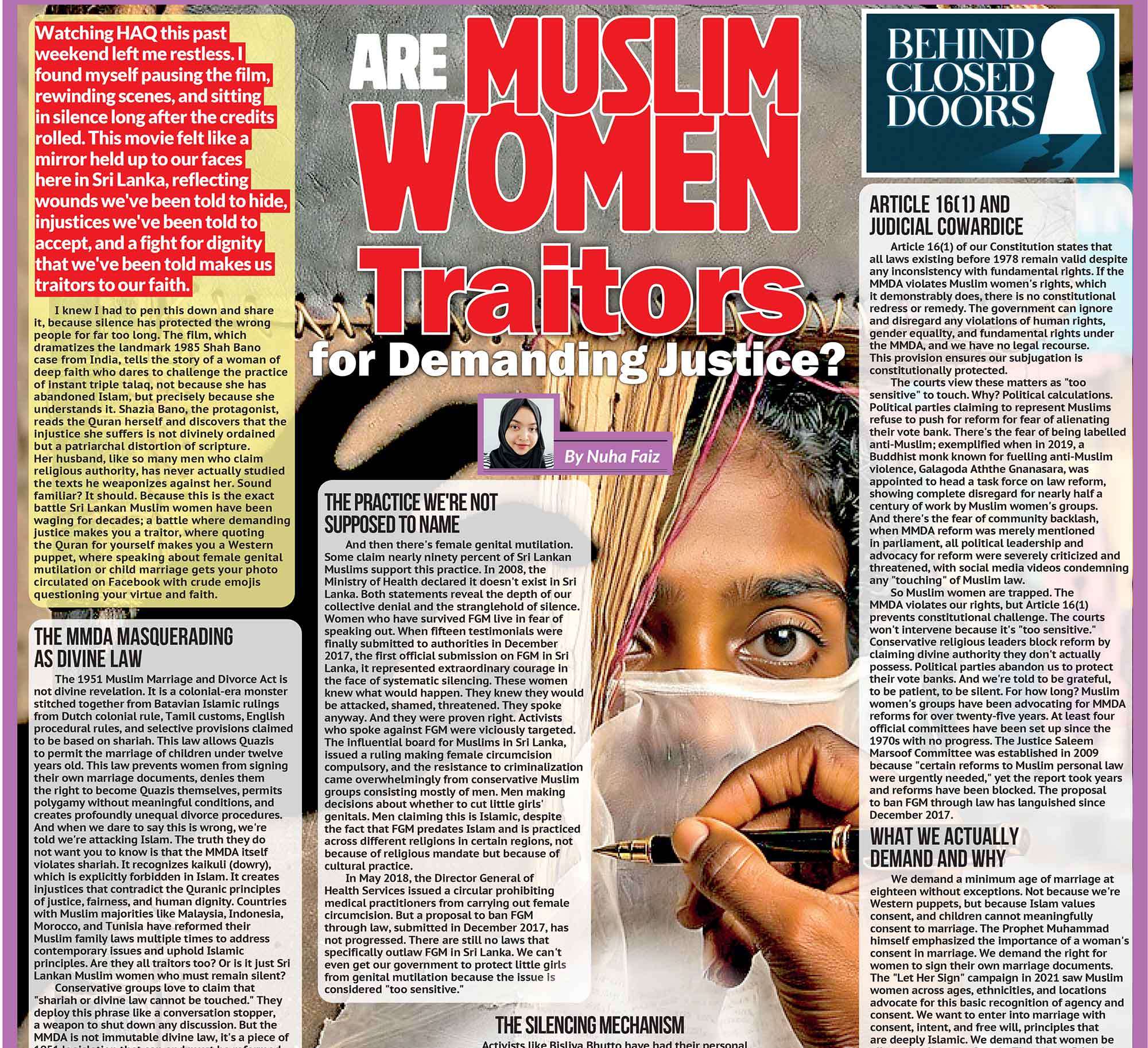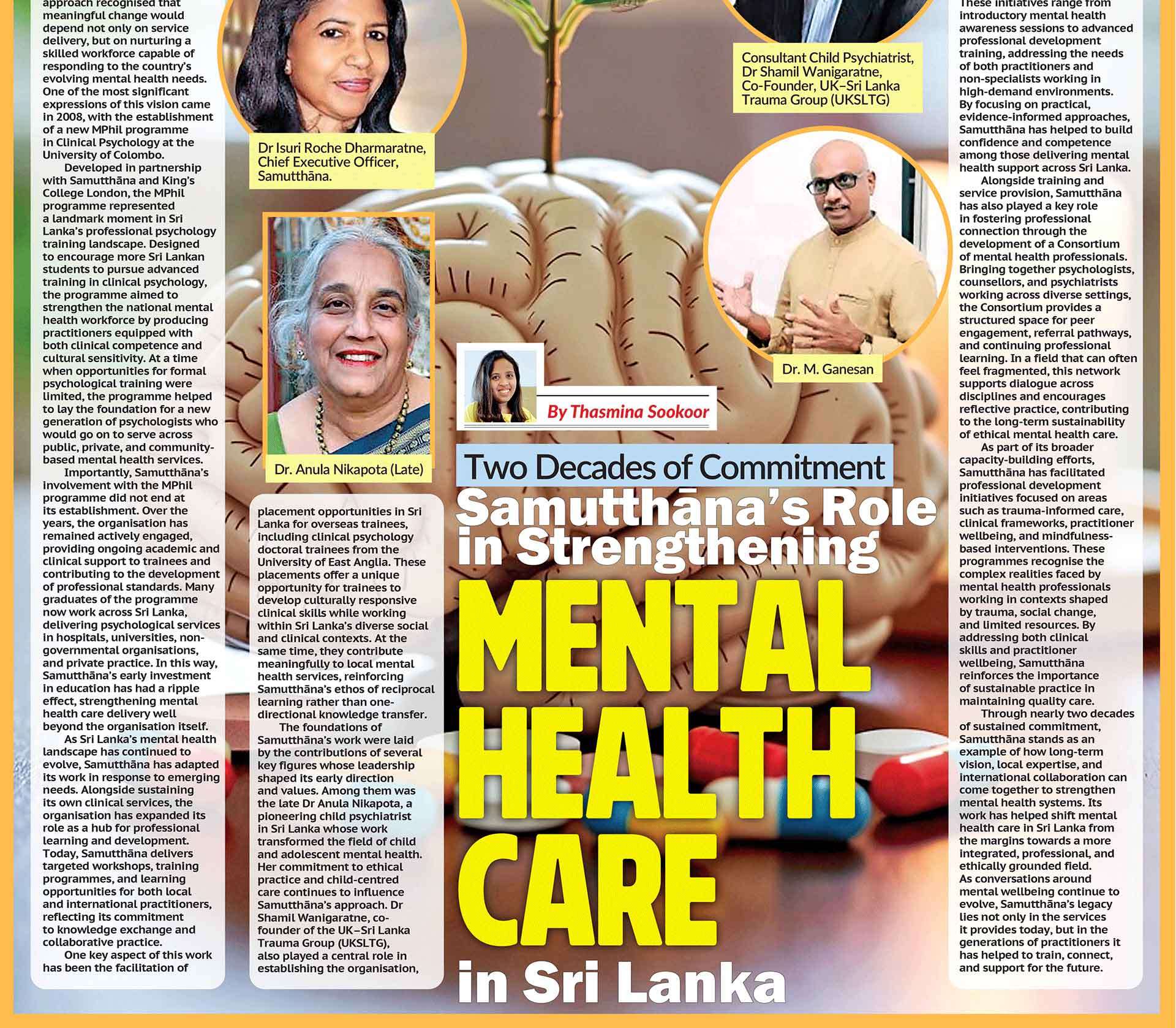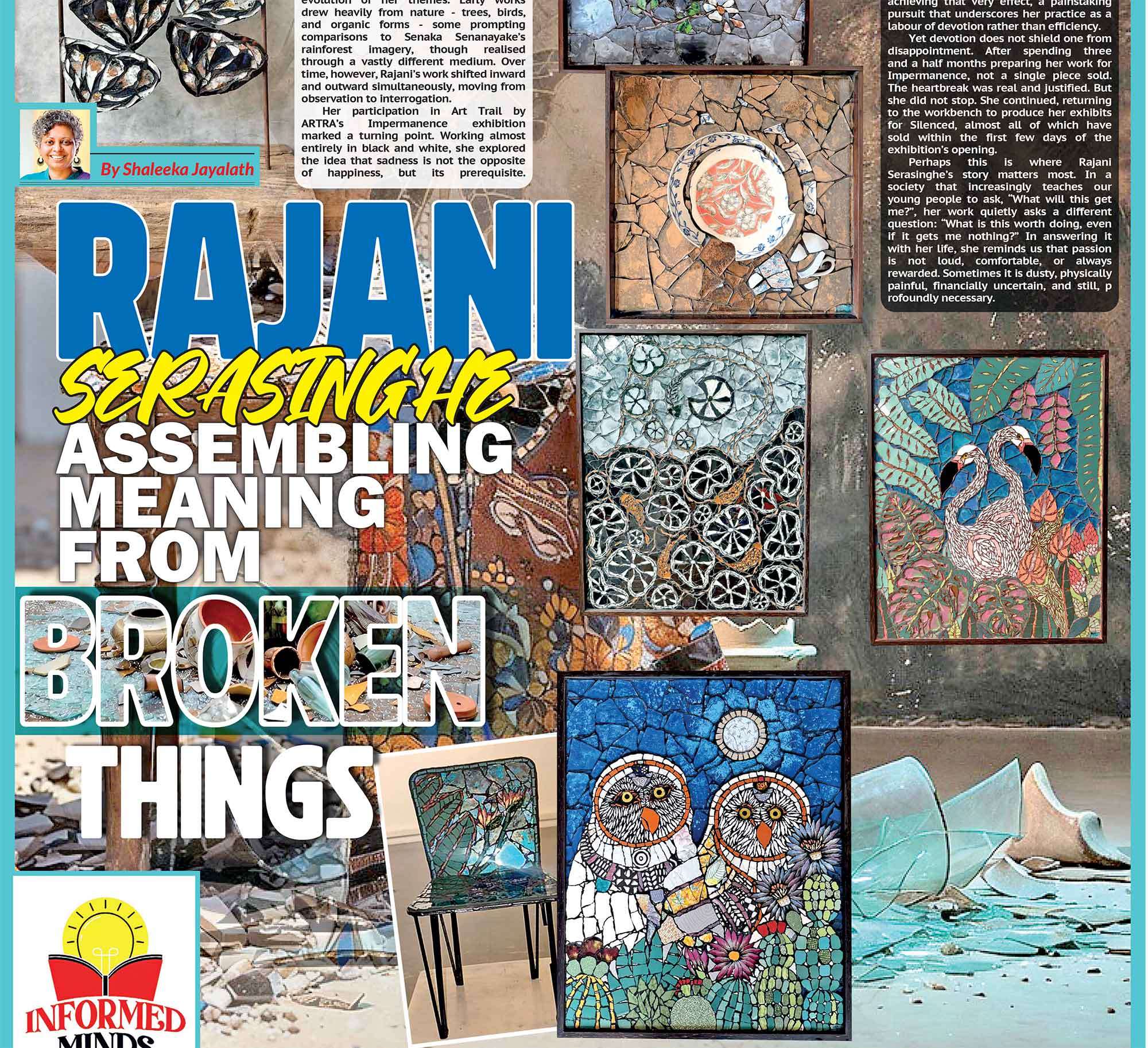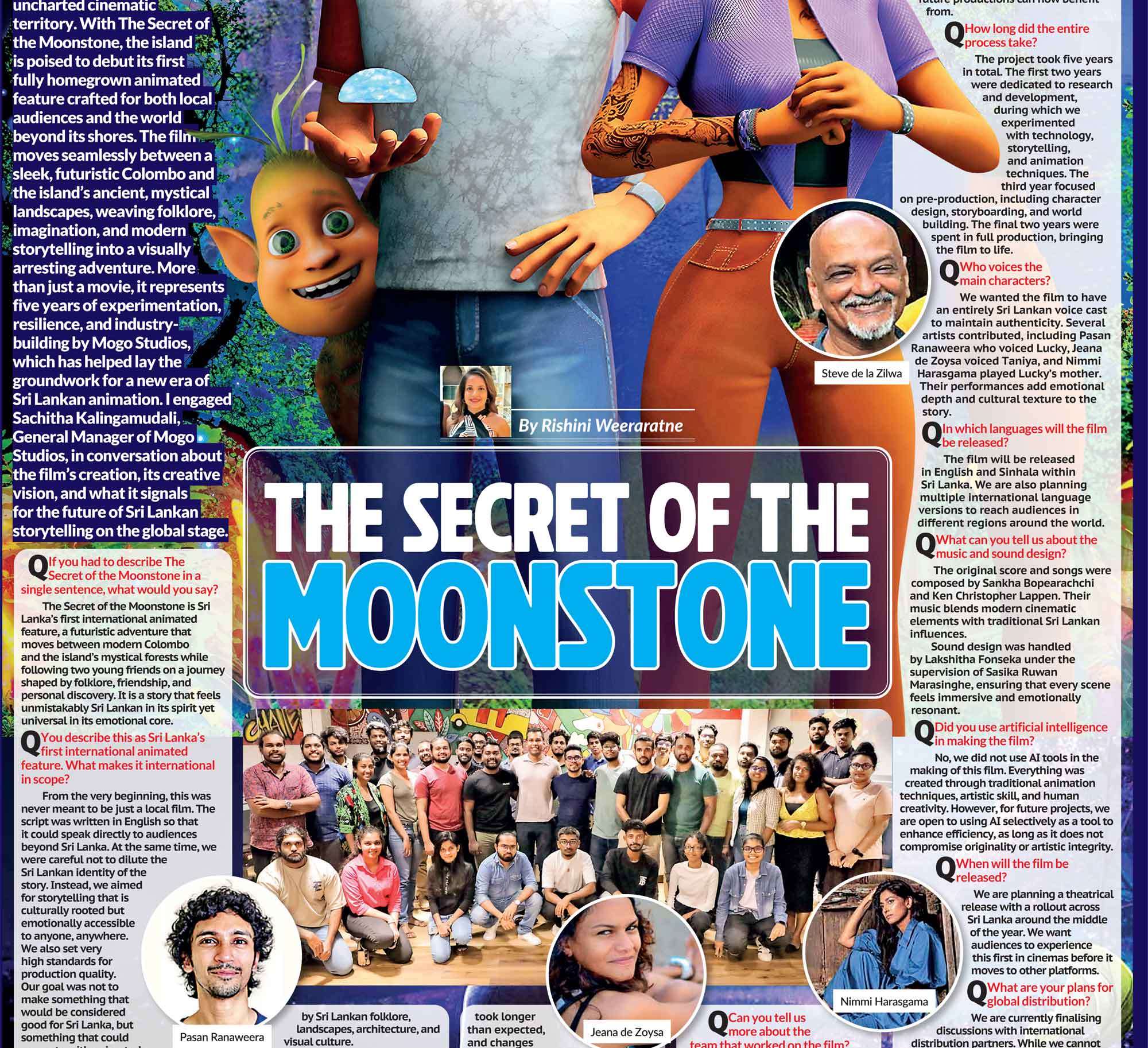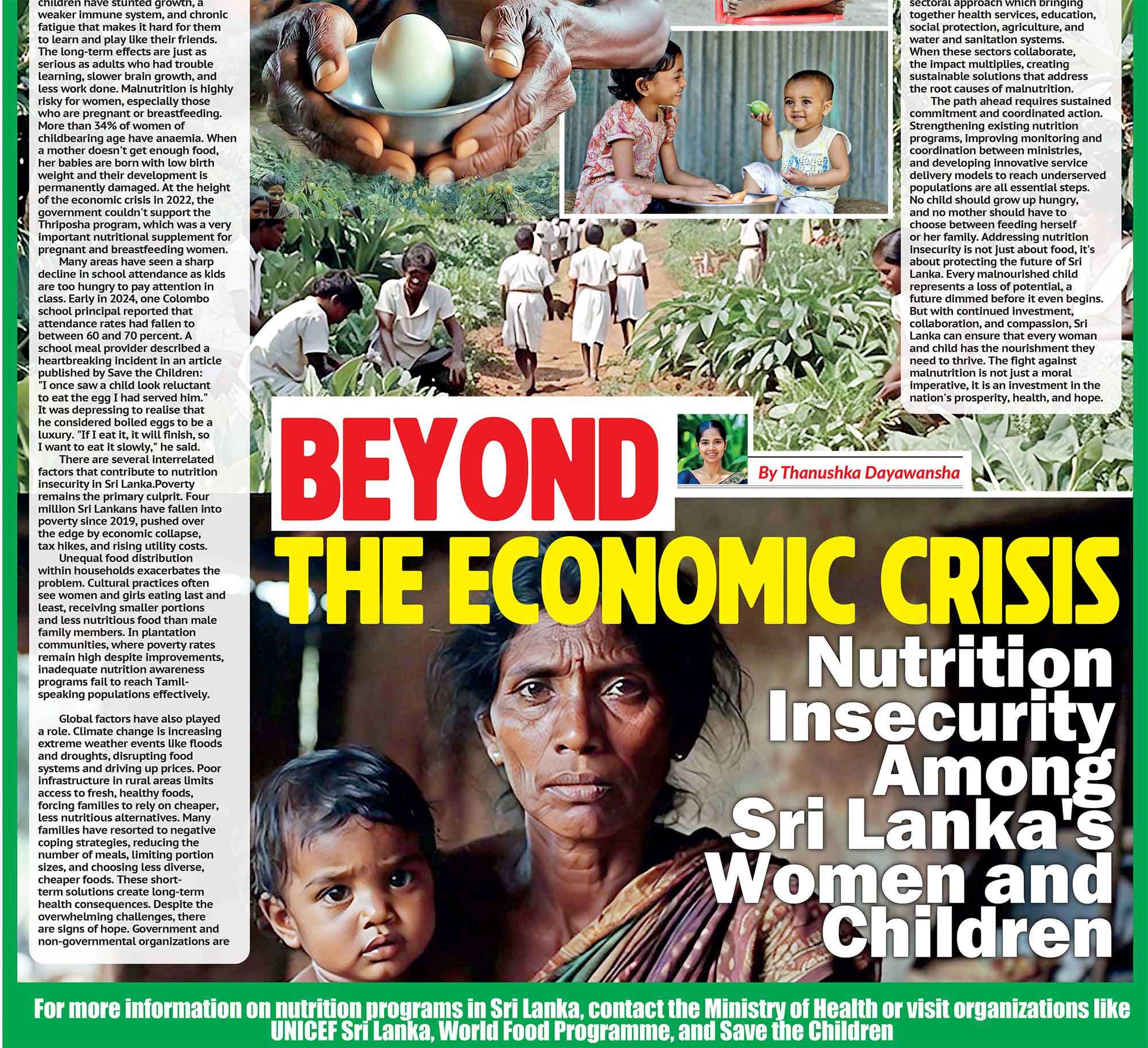
I never really understood why “divorce” carried the weight of a whisper in Sri Lankan society until I found myself in awkward conversations, where nobody says it outright, but everyone knows it. The idea that divorce equals failure, shame, and family dishonour has been woven into our culture so quietly, yet so powerfully, that thousands of divorce cases still surface in silence, carried on the backs of hushed judgments and unspoken expectations.
How Did It All Start?
For centuries, marriage in Sri Lanka wasn’t just a personal decision, it was a social contract. It tied together families, property, caste, and community respect. Breaking that bond wasn’t just about two people separating, it was about dishonouring the family name. Colonial laws only made things worse. When the British introduced divorce laws in 1907, they copied Victorian morality, making divorce legal only for adultery, desertion, or impotence. That rigid view seeped into cultural norms, turning marriage into something you don’t leave, no matter how broken it is.
Why People Still Whisper
Even today, divorce feels like a scandal. You may ask yourself why this is so. The answer is simple: culture runs deep. Several factors contribute to the stigmatization of divorce, most of them rooted in Sri Lankan society. Religion plays an important role, with Buddhism and Hinduism valuing harmony and family unity, and Catholic communities often promoting the idea of divorce as sinful. Family honour is another powerful element. In Sri Lankan culture, your personal choices reflect on your entire family. A divorced daughter is still whispered about at weddings. Community pressure compounds this stigma. In smaller towns, everyone knows everyone, and being divorced becomes a badge you did not choose and cannot take off. Although Sri Lanka may appear more evolved in terms of gender expectations, the reality is different. Women face harsher judgment. A woman is seen as someone who “couldn’t keep her husband.” Men, meanwhile, often escape with less stigma. Even though nearly 50,000 divorce cases were filed in 2022, people act as though it is rare, because no one dares to talk about it openly.

“Staying for the Sake of the Kids”: Why This Phrase Is a Myth
One of the most common lines thrown at unhappy couples is: “Think of the children.” It sounds righteous and noble, but here is the truth: children in high-conflict homes suffer more than those in stable single-parent families. Constant fighting, silent treatment, or emotional abuse leaves deep scars; anxiety, poor academics, and trust issues. Research and experience show that children thrive when their parents are happy, even if that means growing up in separate homes. Sometimes the most loving thing you can do for your children is to leave a toxic environment.
The Slow Pain of Divorce
People rarely talk about the legally exhausting side of divorce. The focus usually falls on the emotional toll, but the courtroom battles can be equally devastating. Cases often drag on for years, especially if one partner contests. Imagine marrying at 28 and still being stuck in court at 36, unable to move forward, remarry, or even dream of having children again. On top of that, society continues to ask, “What happened?” as if your pain is simply gossip for others to discuss at social gatherings. For many women, this becomes a second prison. They cannot remarry, they are judged for being single at the “wrong” age, and they remain trapped in legal limbo.
Why It Might Seem Impossible
The law itself does not make things easy. There is no “mutual consent” divorce in Sri Lanka, unlike in many other countries. Here, it is a blame game: you have to prove someone is guilty. That means public trials, airing private conflicts, and digging into personal details in front of strangers. It is humiliating. It turns a deeply personal breakup into a legal boxing match. It is no wonder people stay trapped in marriages that do not work, the fear of judgment, the gossip, and the legal system itself make leaving harder than staying.

Do We Really Need This Stigma?
Honestly, no. Divorce is not failure. It is not selfish. It is survival. Children do better in homes without chaos. Women deserve a second chance without being labelled “damaged.” Men should not be forced to remain in unhappy marriages just to “save face.” So why are we still stuck in a 1907 mindset? Why do we treat divorce like a disease when, most of the time, it is the cure?
Time for a Change
We need to rethink how we see marriage; and how we see its end. Divorce must be normalized. It should stop being a gossip topic whispered about at weddings or family gatherings. People need to understand that leaving pain does not make you weak, it makes you strong. Legal reform is equally urgent. Divorce should not take years of courtroom battles, nor should it be reduced to a blame game. People deserve to walk away with dignity. Divorce does not mean you gave up. It means you chose peace. And maybe it is time for us to recognize that choice as brave, not shameful.



